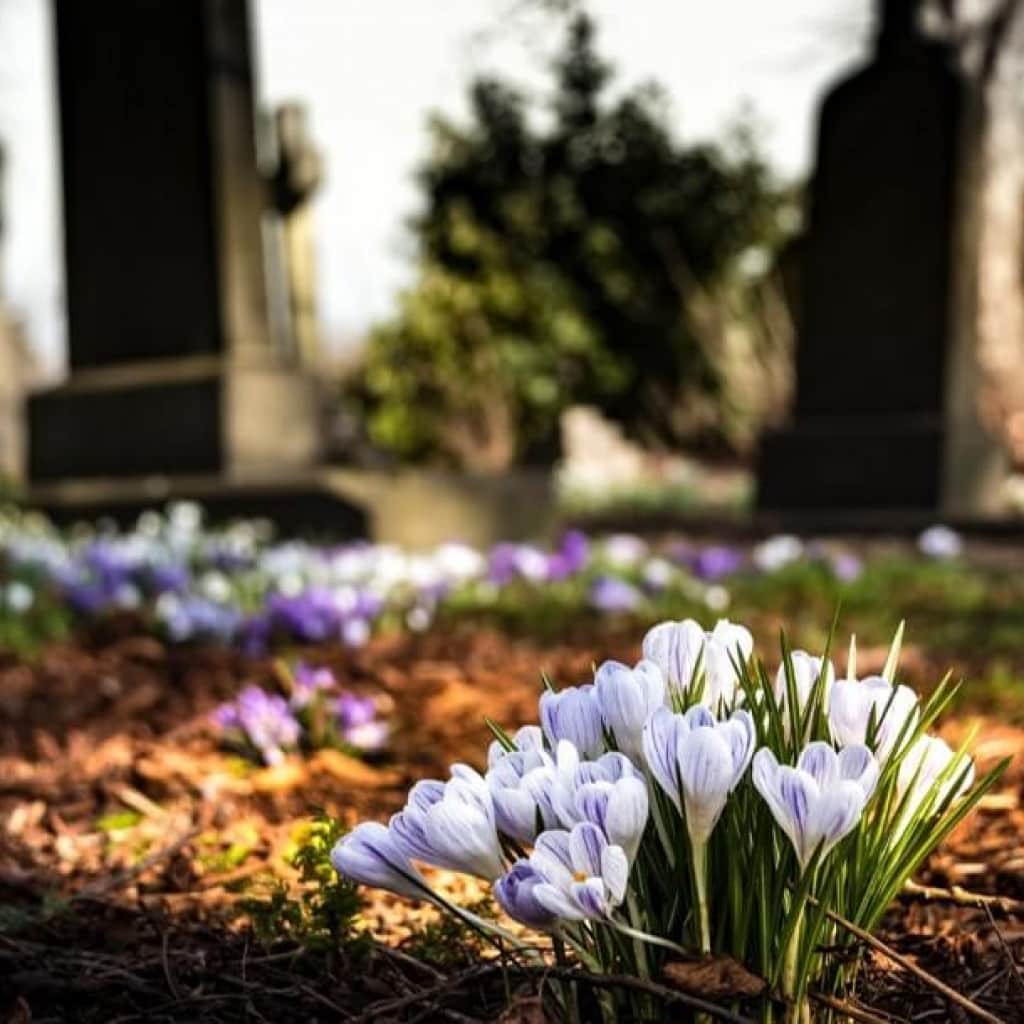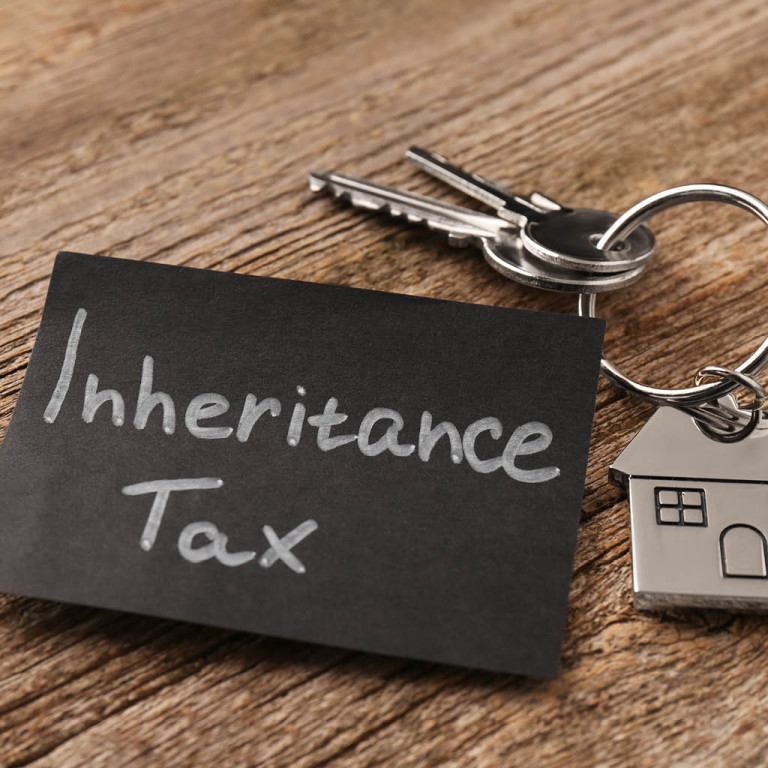Our final journey is one we all make alone, but it’s up to every individual to make sure those left behind are fully aware of the last wishes of the deceased. That includes how to deal with the body, whether that means cremation or burial.
For years, bodies have been interred in designated graveyards or cremated at the local municipal crematorium. The details are usually handled by the funeral home. Funerals are very expensive, with recent estimates putting the average price at around £4,000. This amount does vary, though, depending on whether you want to be buried or cremated, the extravagance of the ‘send-off’ (including the cost of the casket), and where you live (and die). In London, for example, the price of a funeral can be double that of the national average, or you can arrange a ‘Direct Cremation’ (a very simple ceremony) for around £1,600.
What is a Direct Cremation?
It’s a ‘no-fuss’ cremation where the body is collected from the mortuary and cremated. There are no limousines, hearses, or ceremonies, and your family will need to request the ashes afterward so they can be disposed of according to the deceased’s wishes. It’s a no-frills option for those who prefer not to attach any religious ceremony to the process, for those who have very simple last wishes, or have a lack of funds for a full cremation or burial.
Why is it so expensive to die in the UK these days?
If you decide to go for a full-blown funeral and burial or cremation, then the cost can start to mount. The most expensive part of any funeral is the funeral director’s fees, which make up nearly 70% of the price of a cremation, and around 53% of the price of a burial. They do, however, take care of everything from the paperwork and disbursement costs, to arranging the ceremony (with the contribution of the family who will know the last wishes of the deceased).
Can you bury a body anywhere?
Surprisingly, the laws as to where you have to bury a body are quite relaxed. If you don’t want to be buried in a churchyard then you can be buried on private or un-consecrated ground or even in your garden, as long as the correct permission has been sought and the death was regarded as ‘normal’ (for example, natural causes or old age). The coffin must be a minimum of three feet below the ground, and it is wise to contact the local environmental health department first to advise them of the burial and to check there are no potential issues (such as the site being close to a water source, pipes or cables, for example).
You would also need to create a burial register to ensure the burial complies with Statute law, and you need to ensure that you have a certificate for burial issued by a coroner or the local Registrar. It’s a good idea to mark the burial on your property deeds, too, so that future owners don’t get a nasty surprise when they start digging to put in a new patio!
You’re only allowed to bury one person in your garden (if that’s what you choose to do).
Scattering ashes
The regulations on scattering ashes are somewhat vague in the UK and again are fairly relaxed. There’s nothing to stop you from scattering your loved one’s ashes over land or water, but you do need the landowner’s permission first. If you want to scatter the ashes along a river then you don’t need permission, but you should consult the Environment Agency’s guidance first. If the river is on private land, then again, you’ll also need to get permission from the landowner so that you’re not trespassing (or even ‘littering’) on their property.
Making sure your remains are dealt with properly
The easiest way to make sure your remains are dealt with in the way you want them to be is to leave clear, full instructions alongside your will and brief instructions in your will itself. The wishes recorded in your will may simply record your preference as to burial or cremation. Keeping a full note of your wishes, alongside your will, and letting your family know about your plans beforehand can help your family to plan and keep the costs to a minimum at what is a very stressful time by putting aside financial support to cover the costs of your funeral and burial or cremation.
If you have a specific spot you’d like your ashes to be scattered then having recorded that clearly means that your family can seek permission from the landowner before time and to plan ceremonies or pay for a burial plot before the time comes.
How we can help
If you need to revise your will to include your last wishes, then it’s wise to contact an expert in probate & Wills to help you get everything in order.




